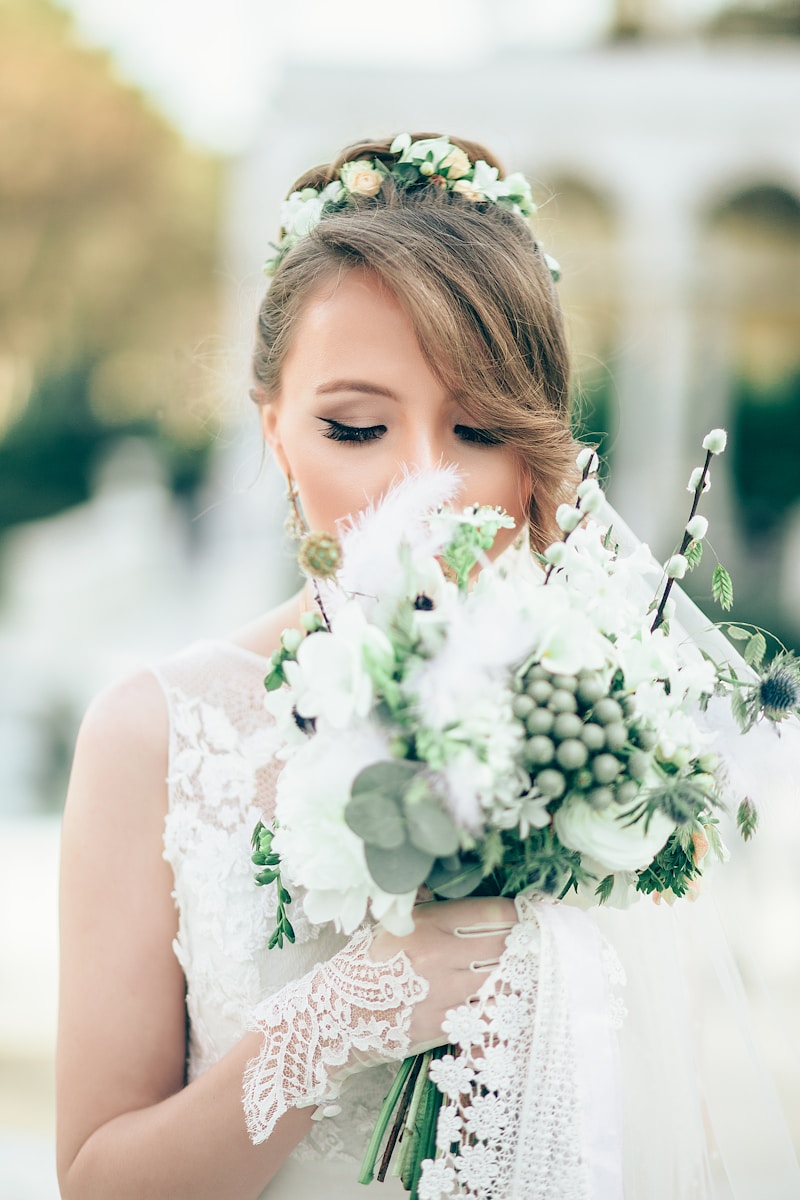Nostalgia and Its Connection to Wedding Traditions
Nostalgia is a powerful sentiment that shapes our emotions and memories. It often reminds us of cherished moments from our past, evoking feelings that can be both sweet and poignant. In the context of weddings, nostalgia plays a pivotal role in how couples design their ceremonies, select traditions, and even choose the music for their special day. This article delves into the intricate relationship between nostalgia and wedding traditions, exploring how memories influence the choices couples make and how various customs evolve over time.
The Role of Nostalgia in Personal Wedding Experiences
Weddings are deeply personal events, reflecting the history and values of the couple. For many, the desire to evoke nostalgia can lead to choices that honor family heritage or resurrect fond memories from previous generations.
Creating Personal Connections Through Traditions
Many couples incorporate traditions that remind them of their childhood, family gatherings, or even their parents' weddings. This connection might manifest in various ways, including:
| Tradition | Nostalgic Impact |
| Cake Cutting | Reminds couples of family celebrations where cakes played a central role. |
| Dancing with Parents | Evokes memories of childhood dances and bonding moments. |
| Specific Music Choices | Brings back memories associated with meaningful songs from their past. |
Exploring Common Wedding Traditions
Every culture boasts unique wedding traditions that carry a sense of nostalgia. Understanding these customs helps couples weave personal memories into their weddings.
Western Wedding Traditions
In Western cultures, common traditions include:
- Something Old, Something New: This tradition symbolizes continuity and optimism.
- The Bridal Bouquet: Often symbolizes the bride's transition and is sometimes made with flowers from a family garden, invoking nostalgia.
- Unity Candle: The lighting of a unity candle can represent the merging of two families, often with roots extending generations back.

Eastern Wedding Traditions
Eastern cultures also celebrate unique customs, often rich in historical significance:
- Kara Mori and Arti (India): These rituals involve the families of the bride and groom, emphasizing family bonds and shared memories.
- Tea Ceremony (China): This custom allows couples to pay respect to their family ancestors and solidify their connection to heritage.
- Henna Night (Middle Eastern cultures): This pre-wedding event allows for shared experiences and memories among family and friends.
Nostalgia's Influence on Wedding Themes
Many couples are drawn to specific themes that resonate with their sense of nostalgia. Themes based on decades, cultural influences, or particular styles can transport both the couple and their guests back to simpler times, creating an unforgettable experience.
Decade-Inspired Weddings
A couple might choose a theme from the past, such as the romanticism of the 1920s or the vibrant colors of the 1980s. Nostalgia in this context can dictate various elements:
- Attire: Brides don vintage gowns or grooms sport classic suits reminiscent of a bygone era.
- Decor: Using color palettes, furniture, and table settings that evoke the chosen decade.
- Music: Curating playlists that reflect the soundtracks of their youth, ensuring guests feel connections to their own pasts.
The Emotional Connection of Nostalgia in Wedding Planning
Planning a wedding is often an emotional rollercoaster, with nostalgia adding complexity to decisions. While it can lead couples to create a more personal and meaningful ceremony, it can also cause conflicts.
Balancing Nostalgia with Modern Preferences
Cultural shifts often lead to evolving wedding trends. Couples must navigate their own nostalgia for tradition while considering contemporary tastes. For instance, a couple might deeply value traditional vows but choose a more modern reception format. This balance can be challenging, as expectations from families and friends can further complicate decisions.
Communicating with Family
While crafting a wedding infused with nostalgia, it's crucial for couples to communicate openly with family members. Discussing traditions, memories, and expectations can help:
- Prioritize Traditions: Families can share their most significant customs, allowing brides and grooms to choose what resonates most.
- Set Boundaries: Families should respect the couple’s wishes, ensuring that nostalgia does not lead to undue pressure.
Case Studies: Nostalgia in Real Weddings
Examining real-life couples who have effectively utilized nostalgia in their weddings provides insight into how the emotion can shape their experiences:
Christine and Mark: A Vintage Love Story
Christine and Mark decided to fully embrace the vintage theme for their wedding, inspired by Christine's grandmother's wedding photos. From antique decorations to classic bridal wear, every piece symbolized family history and love. Their unique approach brought together family members who shared fond memories, resulting in an emotional celebration.
Samira and Aiden: Cultural Fusion
Samira, hailing from a Pakistani background, blended traditional customs with Western influences. They designed their wedding around nostalgia-filled elements like the Mehndi night and a classic father-daughter dance. This fusion not only honored their respective heritages but also evoked a sense of belonging among their guests.
Conclusion: The Lasting Legacy of Nostalgia in Weddings
Ultimately, nostalgia plays a crucial role in shaping wedding traditions. As couples strive to encapsulate their shared histories and blend them with contemporary norms, this sentiment helps to create more meaningful celebrations. Whether reliving childhood memories, honoring family heritage, or creating new traditions, nostalgia serves as a powerful reminder of love's roots.
For couples planning their weddings, embracing nostalgia can lead to a richer experience. This approach allows them to intertwine past memories with present joys, ensuring their day is not only beautiful but deeply personal. It is essential to thoughtfully consider which traditions resonate most and effectively communicate with family members to create a harmonious balance. After all, the lasting impact of nostalgia can be felt long after the wedding day—and can serve as a beautiful foundation for a couple's shared future.
